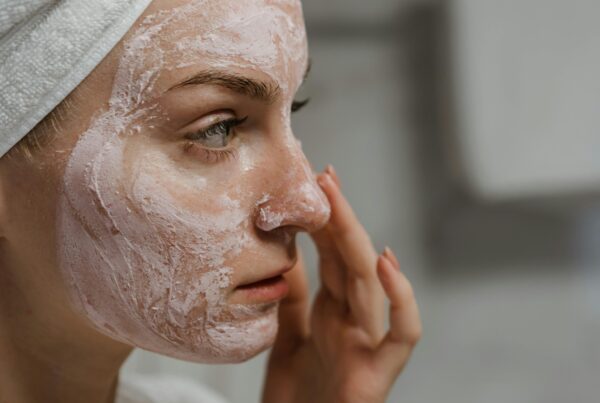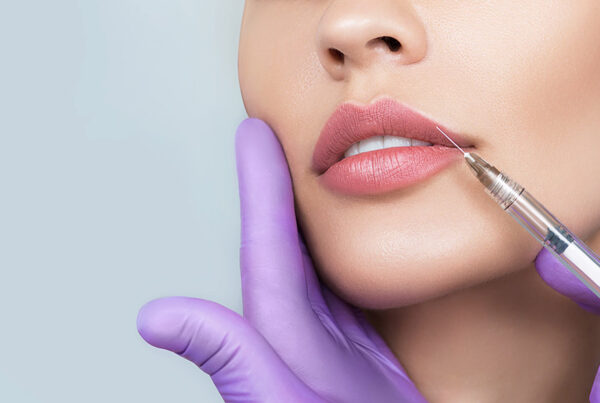One of the skin care world’s best behind-the-scenes workers, glycerin does so much it’s hard to believe most of us aren’t banging down doors to get it. From providing moisture to cleansing the skin, it is an amazing multi-tasker.
Whether you have a birthmark, acne scarring, or other dark spots on your skin, you might look for ways to fade discoloration.
Some people use skin bleaching products or have procedures to whiten skin and even out pigmentation imbalances. These cosmetic procedures can be costly, though, and there’s no guarantee that you’ll achieve the desired results.
Skin bleaching can also irritate your skin, causing redness, stinging, and itching.
Those of you who you prefer a natural skin lightener may have heard that glycerin is a safe, effective alternative. But is this true?
Glycerin is great for helping your skin retain moisture. And, as long as you’re not allergic to it, it’s safe to use. However, the jury is out on whether it can help lighten your skin.
In this article, we’ll review what glycerin can do for your skin, and how to use it.
It is one of those ingredients that performs a multitude of tasks. Although it’s often thought of as a moisturizer, that’s far from the only thing it does!
If you buy any skin care products, including lotion, creams, and soap, you likely already know about it. It’s a common ingredient in many beauty and skincare products, primarily because of its ability to smooth and moisturize skin.
Although many products contain glycerin, some people prefer to use glycerin in its pure form.
Pure glycerin is a colorless, odorless liquid made from animal or vegetable fat, although some cosmetic companies use synthetic glycerin.
It is great for the skin because it acts as a humectant, which is a substance that allows the skin to retain moisture. It can increase skin hydration, relieve dryness, and refresh the skin’s surface.
It’s also an emollient, which means it can soften skin. This is great if eczema or psoriasis leave you with rough or dry patches.
It also has antimicrobial properties, which means it can protect the skin from harmful microorganisms.
Many supporters believe it can also repair skin and speed the wound-healing process.
Here are 10 benefits you may–or may not–be aware of:
-
Glycerin moisturizes
– Not only does glycerin moisturize the skin, it pulls moisture up from the lower levels of the skin (the dermis) to the upper levels (the epidermis), essentially allowing the skin to help moisturize itself.
- creates a calming sensation – Plant-based glycerin is extraordinarily gentle on sensitive skin and can help alleviate temporary skin discomfort.
- protects – By helping to maintain the skin’s protective layer of moisture, it creates a barrier between the skin and elements that can harm it.
- smooths the skin – Its hydrating properties help create a smoother looking appearance to the skin.
- exfoliates – Yes, even though it’s a moisturizer, it does play a role in the exfoliation process, helping to improve skin’s radiance.
- brightens – Between glycerin’s rejuvenating properties and its ability to moisturize, it plays a key role in keeping skin looking bright and luminous!
- improves your complexion – Glycerin is non-comedogenic, meaning it won’t clog pores!
- can be combined with other ingredients – One of the great things about it is that it works well with so many other ingredients to add moisture.
- has anti-aging benefits – By bringing your skin’s natural moisture to the surface, it helps to reduce the look of fine lines and wrinkles.
- acts as a natural preservative – When used in skincare products, it can be used as a preservative and solvent in products with herbal and botanical extracts.
https://www.healthline.com/health/glycerin-for-skin-whitening




